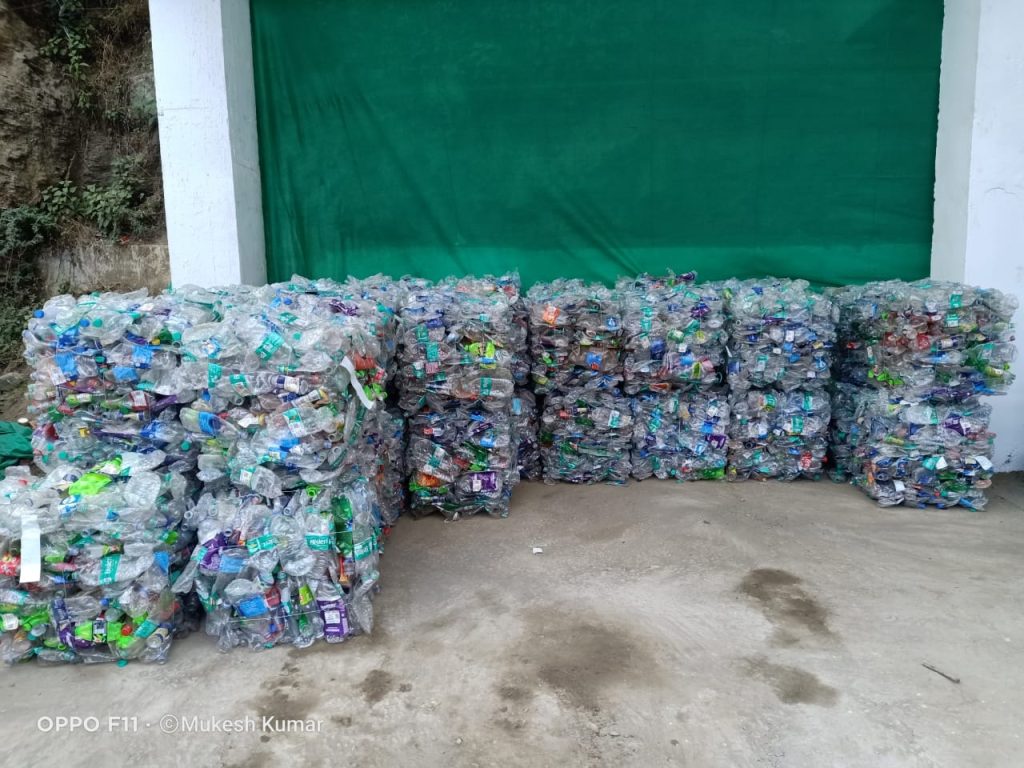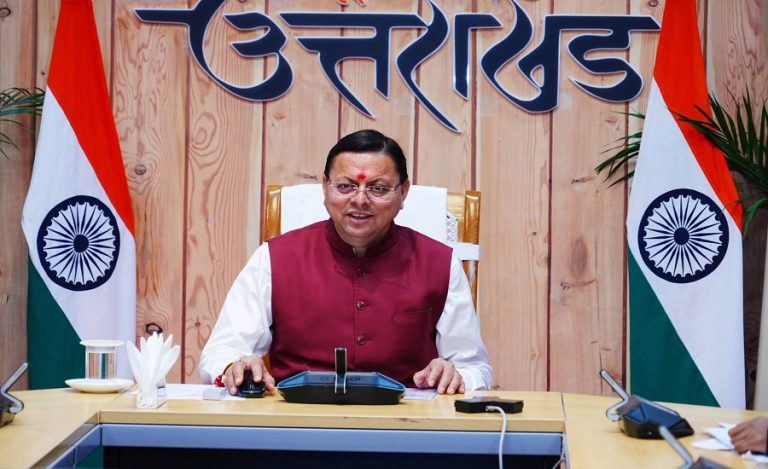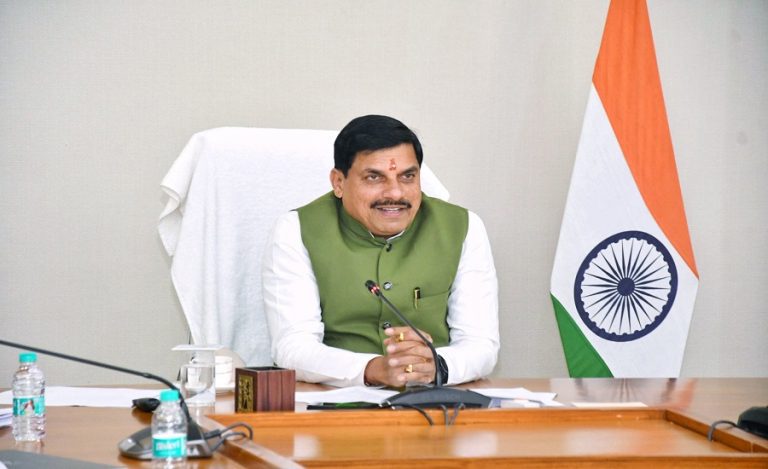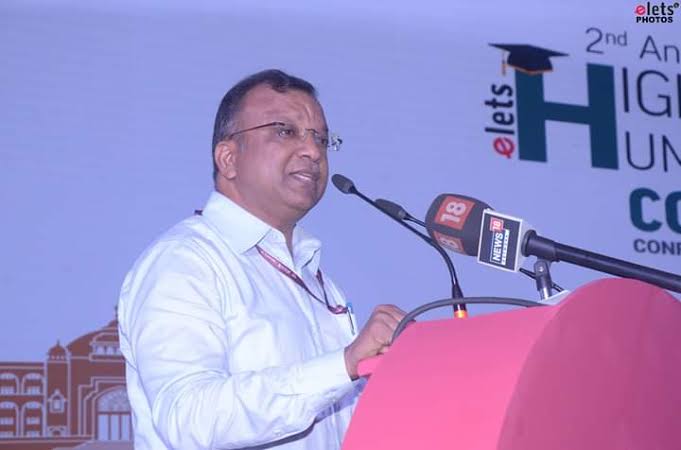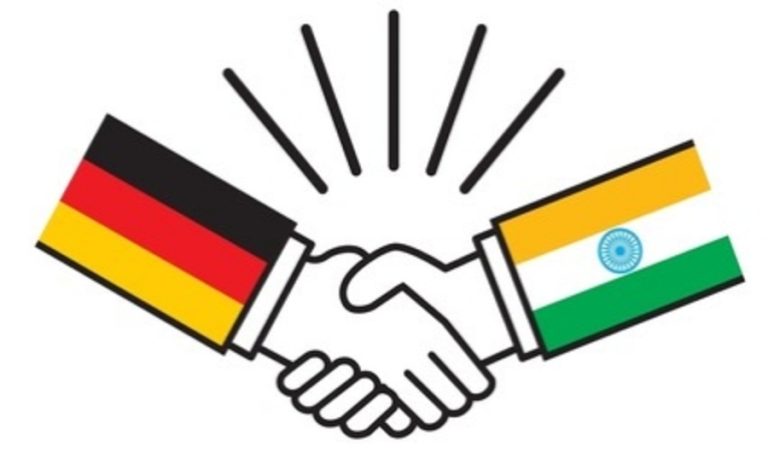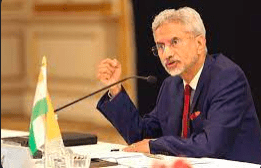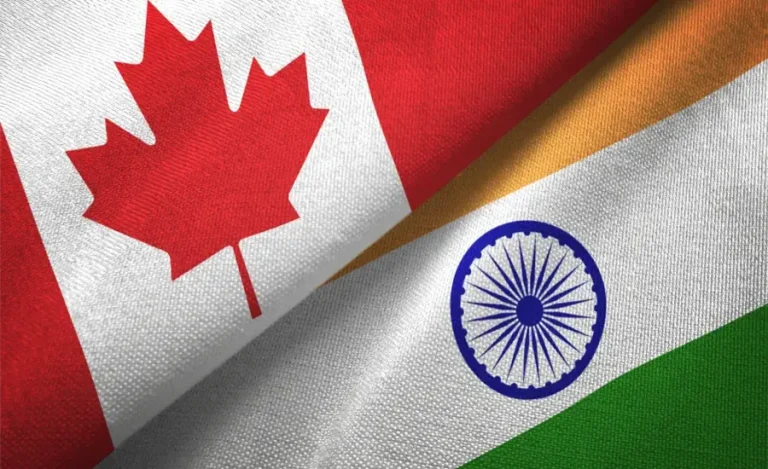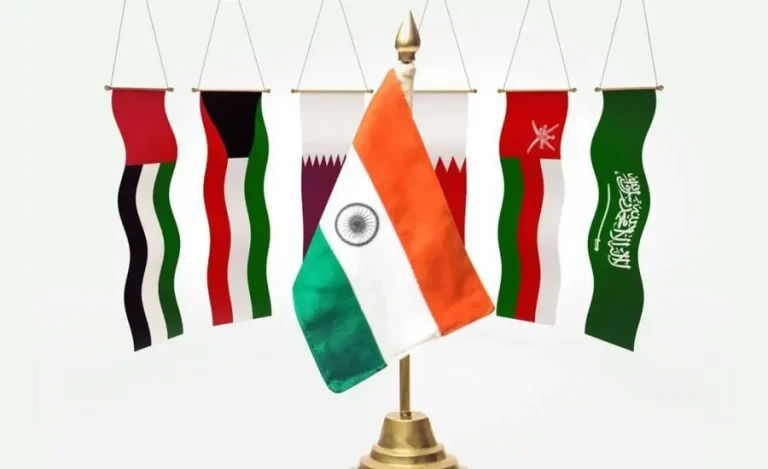The Ministry of Environment, Forest and Climate Change has outlined significant steps taken to manage plastic waste in India, including data on plastic waste generation and the ongoing initiatives to curb plastic pollution.
According to reports from State Pollution Control Boards (SPCBs) and Pollution Control Committees (PCCs) provided to the Central Pollution Control Board (CPCB), the quantity of plastic waste generated in the country from 2018 to 2023 is as follows:
- 2018-19: 3,360,043.45 TPA (tonnes per annum)
- 2019-20: 3,469,781.73 TPA
- 2020-21: 4,126,808.44 TPA
- 2021-22: 3,901,802.06 TPA
- 2022-23: 4,136,188.83 TPA
The Plastic Waste Management Rules, 2016, as amended, provide the statutory framework for plastic waste management in the country. These rules require urban local bodies and gram panchayats to manage plastic waste, including collection and ensuring that plastic waste is not openly burned. A key element of these rules is the implementation of Extended Producer Responsibility (EPR) on plastic packaging, introduced in 2022, which is expected to enhance waste management through better collection, segregation, and processing of plastic waste across the country. So far, 2,614 Plastic Waste Processors (PWPs) have been registered under the EPR guidelines, processing approximately 103 lakh tonnes of plastic packaging waste.
The government also provides additional central assistance for plastic waste management through the Swachh Bharat Mission. Under the Swachh Bharat Mission Phase II (Grameen) [SBM (G)], financial assistance of up to Rs. 16 lakh per block is available for establishing Plastic Waste Management Units (PWMUs). These units can also be set up in a cluster mode for multiple blocks. The Swachh Bharat Mission Urban 2.0 (SBM-U 2.0) also supports solid waste management, including plastic waste, with eligible components like the construction of Material Recovery Facilities (MRFs).
As per the CPCB, there are currently 4,446 existing MRFs in the country, with a total capacity of 31,427.2 tons per day (TPD).
To further reduce plastic pollution, the government implemented a ban on identified single-use plastic items, effective from July 1, 2022, targeting items with high littering potential and low utility. This, alongside the EPR on plastic packaging, aims to address the challenges posed by unmanaged plastic waste.
These efforts were detailed by the Union Minister of State for Environment, Forest and Climate Change, Shri Kirti Vardhan Singh, in a written reply to the Rajya Sabha today, highlighting the government’s ongoing commitment to combating plastic waste and its environmental impact.

